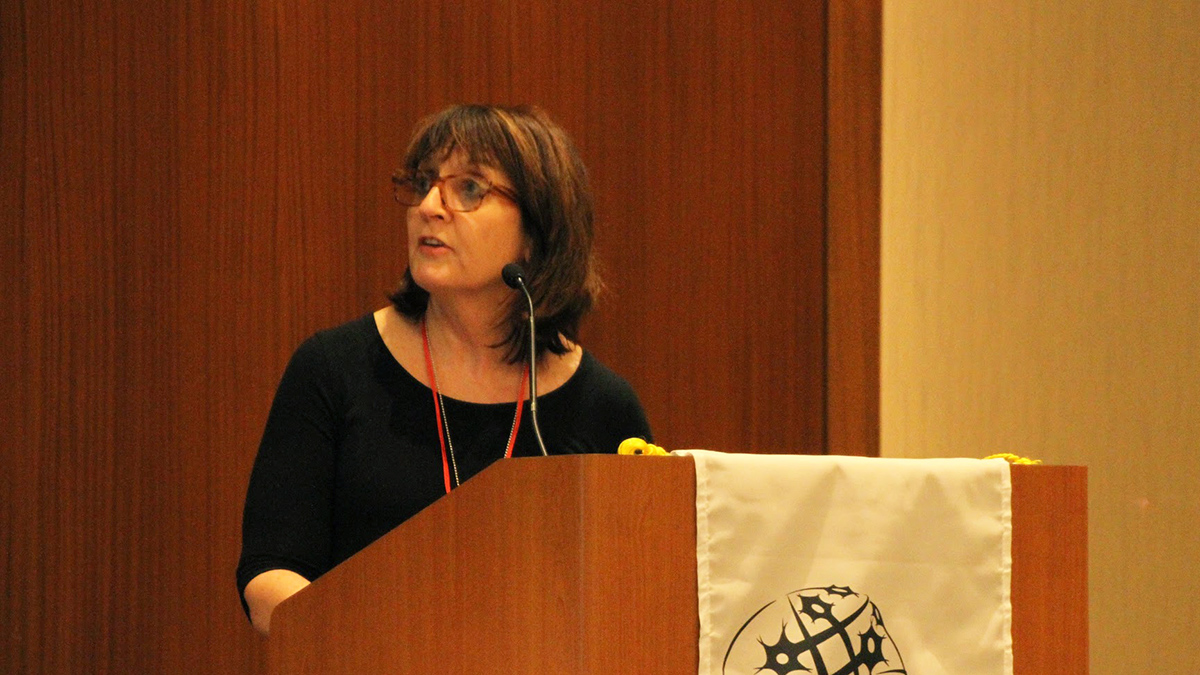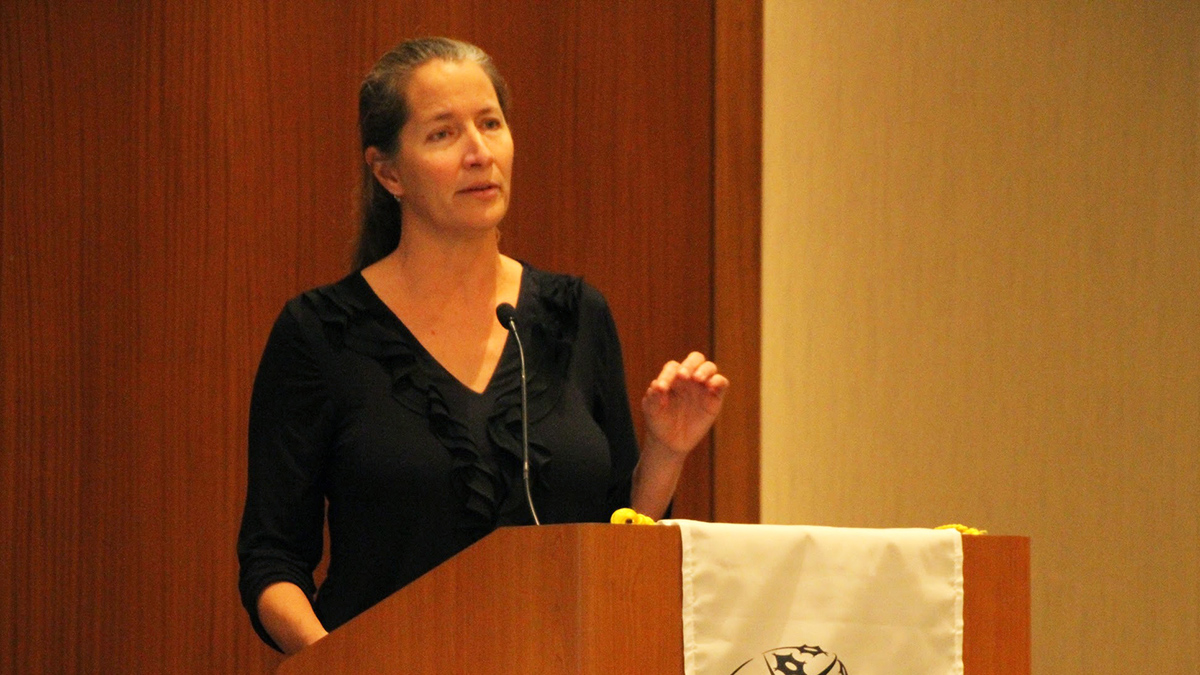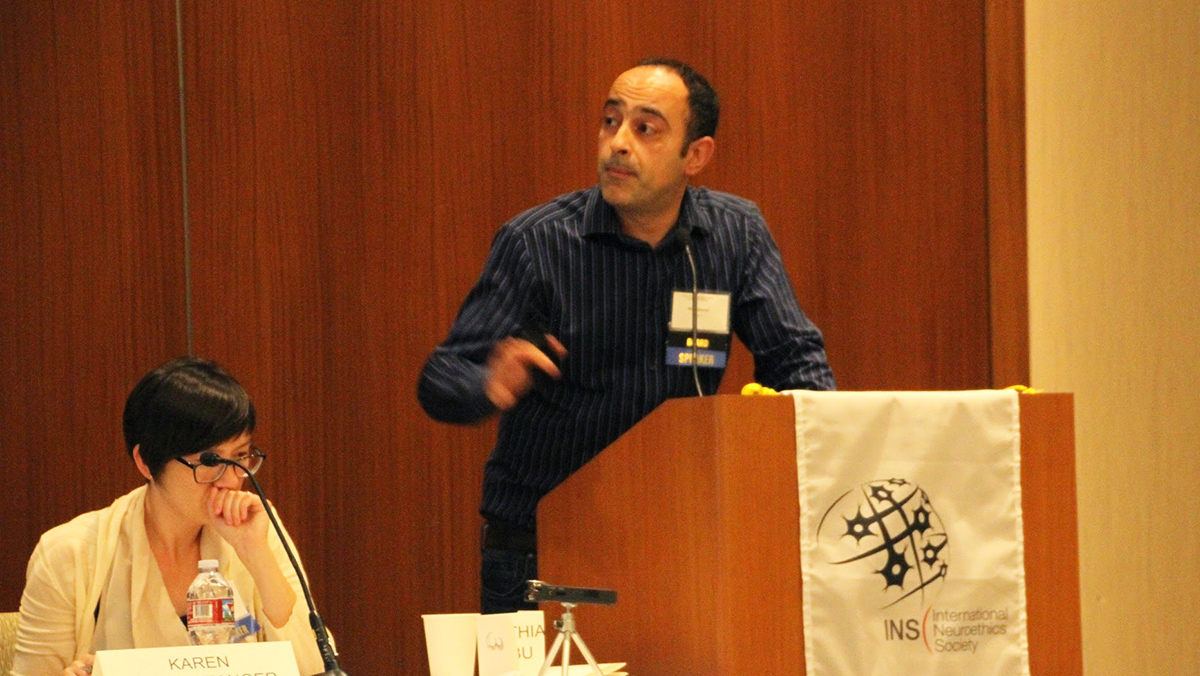Deconstructing Therapeutic Neurotechnology 'Narratives': A Case Study of DBS for Depressions
Helen Mayberg, Emory University Deconstructing Therapeutic Neurotechnology Narratives: A Case Study of DBS for Depression, featured a lively discussion on the ethics of public and patient narrative dispersion and its impact on the partnership of professional alliances introducing novel neurotechnologies. Representatives from the medical, philosophical, and journalism professions related personal experiences of how narrative dispersal positively or negatively affected a spectrum of outcomes, including public perception and response, introduction of the neurotechnology, patient expectations, identification of therapeutic issues, and co-ordination between professions. Neurosurgeon Helen Mayberg recounted the public euphoria in press accounts following on the initial success of DBS for treatment of depression, and its subsequent negative appraisal for outcomes requiring adjunct therapy. Mayberg identified in the bimodal reaction an inability of the popular press to assimilate underlying data that qualified DBS treatment outcome, and a predilection for novelty in medical practice. Such narrative reports promoted, in her view, negative expectations that primed reporting and biased public reception of viable neurotechnology. 
Sara Goering, University of Washington Philosopher Sara Goering emphasized the role of patient narrative in the development and evolution of prospective neurotechnologies. Such narratives necessarily predated technology design and implementation by inorporating end-user concerns and experiences. According to Goering, while these accounts are readily framed by concerns over identity, agency, and autonomy, patient contribution serves also to highlight personal concerns including personal relations and professional expectations. Journalist Mo Costandi pointed to the thematic bias dominating not only general press releases but also scientific reporting of the technology. 
Mo Costandi, Freelance writer According to Costandi, these thematic preferences shape public conclusions that sometime fuel highly speculative therapies noted for novelty and high risk such as the Freedman lobotomies. Importantly, the panelists emphasized that narrative accounts assist professionals best by reciprocal sensitivities, of the reports to medical data and of the professionals to the patient concerns. – Denis Larrivee, Mount St. Mary's University, USA |
